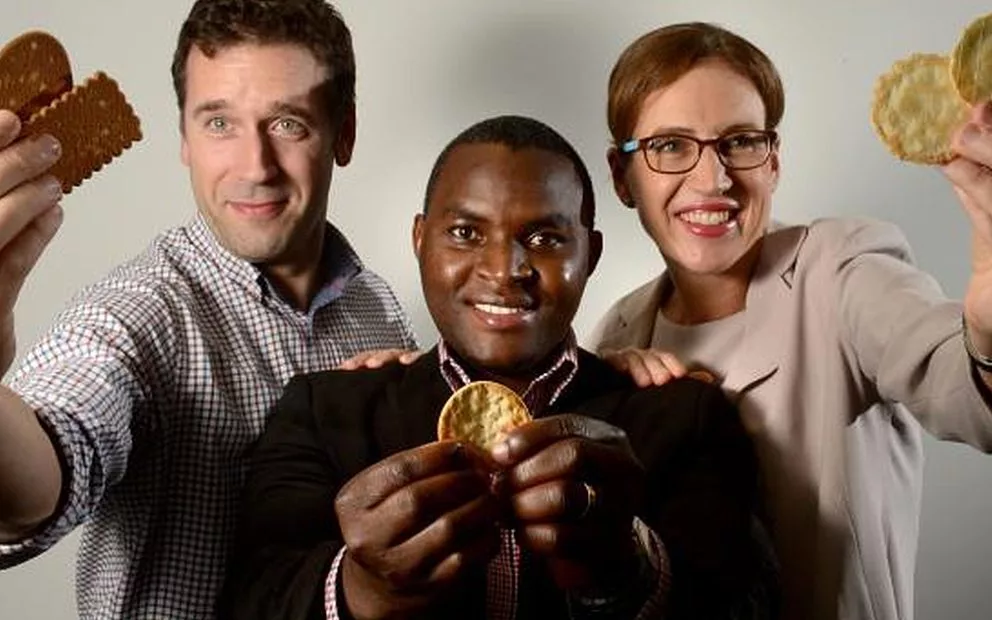A better biscuit being cooked up by Flinders University and the South Australian Health and Medical Research Institute may save millions of infant lives across the Third World.
The aim is to help youngsters cope with malnutrition and diarrhoea, which kills millions of children each year in underdeveloped nations.
But researchers first have to comb through faeces collected from the nappies of 35 babies in a remote village in Malawi in Africa to see if their gut bugs can deal with a lifesaving super starch.
The project follows landmark research in Adelaide by Flinders University and the CSIRO which found healthy Australian children can ferment resistant starch. It was previously thought they could not.
That finding led to the ambitious new plan by Flinders University and SAHMRI, under chief investigator Professor Graeme Young, to see if babies in Malawi also can cope with resistant starch.
This starch can be added to biscuits, bread, put in milk or sprinkled on other food and has multiple health benefits including countering severe fluid loss from acute diarrhoea.
Flinders University project manager Elissa Mortimer travelled to Malawi in November to co-ordinate a field study with Dr Kondwani Katundu from the University of Malawi, with which Flinders has a longstanding relationship.
At the remote village of Neno, where community leaders were eager to help, they collected the babies’ stools and brought them to Adelaide in a package cooled to minus 170C.
SAHMRI Associate Professor Geraint Rogers and his team are now checking the microbiome — the diversity of microflora — in the stools to see what bugs are there and if they can cope with the starch that ferments in the large intestine.
Prof Rogers said if the microbiome can deal with the starch, it could lead to use of a safe and cheap supplement to improve health.
“It has multiple health benefits and people are happy to have it added to food — it is a perfect solution,” he said.
“While resistant starch can be added to all sorts of food the biscuit model is a good one because generally, kids like being given a biscuit.”
The team hopes to have tests results within months and they could then lead to a food trial in Malawi.
Ms Mortimer said the program had potential to have a swift international impact.
“If it is feasible to add resistant starch it would be a cheap and easy solution to a major problem,” she said.
Dr Katundu is optimistic the project will make a big difference, saying that “in my country many children are affected by diseases such as diarrhoea so having a simple solution would be of major benefit”.
As featured in The Advertiser on Tuesday, 15 March 2016
Photo courtesy: Tricia Watkinson/The Advertiser



